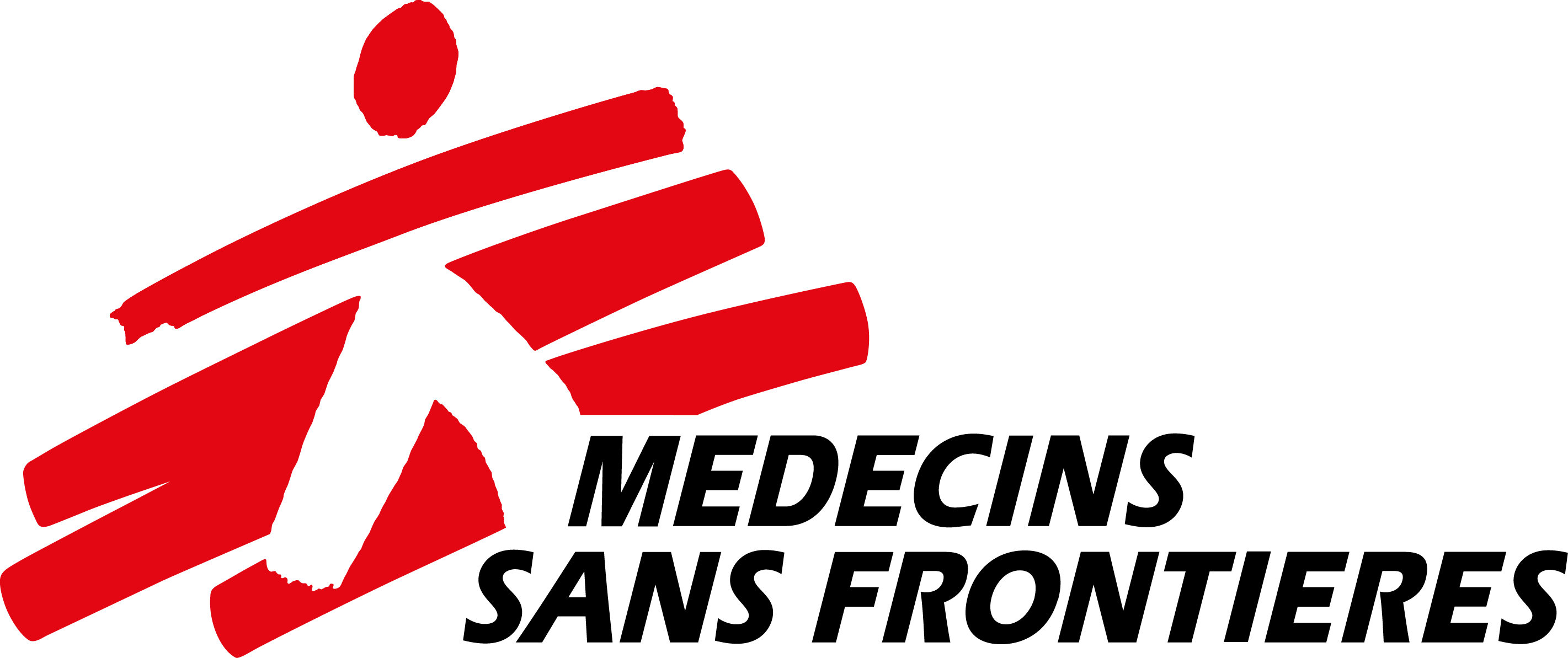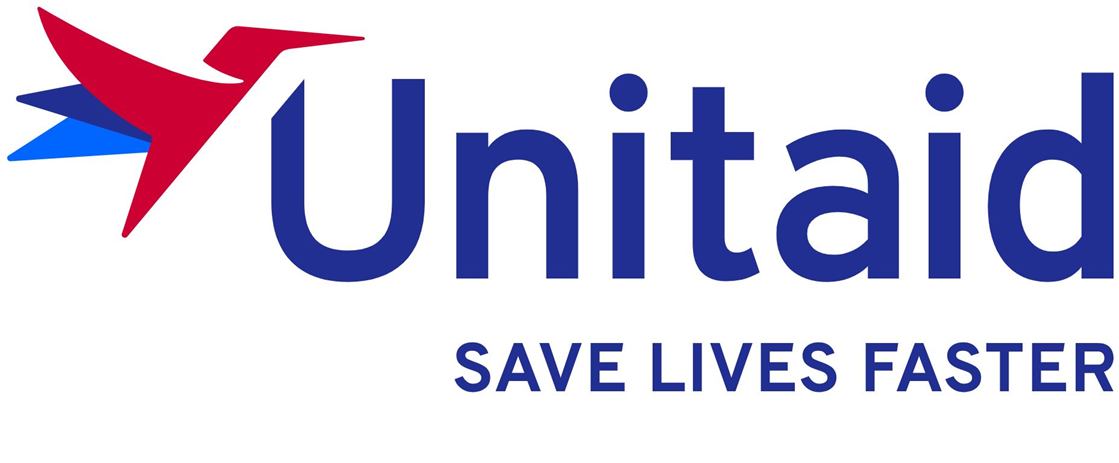Implementer: Médecins sans Frontières
Site(s): National Centre for Tuberculosis and Lung disease (Tbilisi) and multiple TB treatment facilities throughout the country
Tuberculosis has emerged as a major public health problem in Georgia following the breakup of the Soviet Union. The civil war, which occurred in 1991 after Georgia’s independence, led to a large number of internally displaced persons and a breakdown in health services, including a difficulty to control TB.
According to 2017 WHO Global TB Report data, the annual incidence of TB in Georgia in 2016 was 92 per 100,000 people, which translates into an absolute number of 3600 cases per year.
MDR-TB and XDR-TB are serious problems for the country. According to the last WHO report, the proportion of MDR-TB in 2016 was estimated to be 11% among new tuberculosis cases and 31% among the previously treated tuberculosis cases, which translates into the national tuberculosis program of Georgia enrolling over 500 cases of MDR-TB each year, of which approximately 10% are XDR-TB.
Results from the National Tuberculosis Control Program are consistent with internationally reported outcomes, with a treatment success rate for new and relapse cases without drug resistance registered in 2015 of 84% (WHO, 2017) and for those with drug resistant tuberculosis approximately 50%. For the 2012-2014 cohorts, the successful treatment rate (cured and treatment completed) was 49% for MDR-TB and 32% for XDR-TB.




